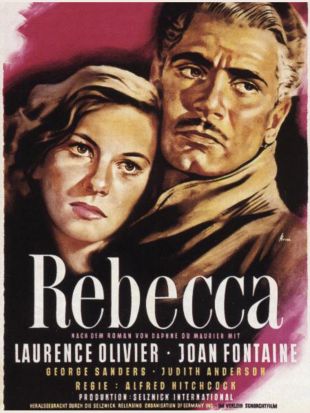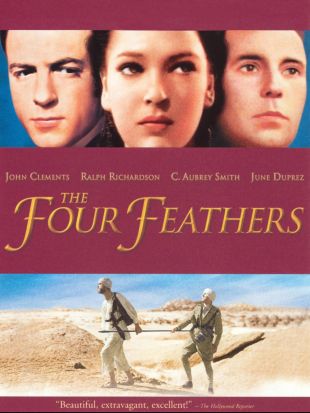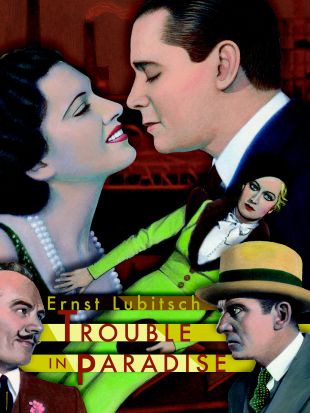Actor C. Aubrey Smith was, so far as many American moviegoers were concerned, the very personification of the British Empire. Even so, when young English journalist Alistair Cooke first travelled to Hollywood in the early 1930s to interview Smith, it was not to discuss the actor's four decades in show business, but to wax nostalgic on his athletic career. The son of a London surgeon, Smith played soccer for the Corinthians and cricket for Cambridge. For four years, "Round the Corner Smith" (so named because of his unique playing style) was captain of the Sussex County Cricket Club, playing championship matches throughout the Empire. When time came to choose a "real" vocation, Smith dallied with the notion of following in his dad's footsteps, then worked as a teacher and stockbroker. In 1892, at the age of 29, he finally decided to become an actor (not without family disapproval!), launching his stage career with the A. B. Tappings Stock Company. He made his London debut in 1895, and the following year scored his first significant success as Black Michael in The Prisoner of Zenda; also in 1896, he married Isobel May Wood, a union that endured for over fifty years. His subsequent stage triumphs included Shaw's Pygmalion, in which he succeeded Sir Herbert Beerbohm-Tree as Professor Henry Higgins. Despite the theatrical community's disdainful attitude towards the "flickers", Smith enthusiastically launched his film career in 1914. He was one of the co-founders of the short-lived but energetic Minerva Film Company, and by 1915 had begun making movies in America.
It was his 1928 stage hit Bachelor Father that led to Smith's phenomenally successful career in talking pictures. For 18 years, he was perhaps Hollywood's favorite "professional Englishmen." He was at his best in martinet military roles, most memorably in a brace of 1939 productions: The Sun Never Sets, in which he used a wall-sized map to dutifully mark off the far-flung locations where his progeny were serving the Empire, and The Four Feathers, wherein he encapsulated his generation by crustily declaring "War was war in my day, sir!" Other notable roles in the Smith canon included Jane's father in Tarzan the Ape Man (1932), a close-minded aristocrat who turns out to be an out-of-work actor in Bombshell (1933), the intensely loyal Colonel Zapt in The Prisoner of Zenda (1937) and an outraged murder-victim-to-be in Ten Little Indians (1945).
Smith briefly returned to the stage in 1941, and throughout the war years could be seen in roles ranging from single-scene cameos (The Adventures of Mark Twain, Unconquered) to full leads (1945's Scotland Yard Inspector). A recipient of the Order of the British Empire in 1938, he was knighted by King George VI in 1944, largely because of the positive image of Mother England that the actor invariably projected. The undisputed leader of Tinseltown's "British Colony," Smith also organized the Hollywood Cricket Club, taking great pride in the fact that he hadn't missed a weekend match for nearly sixty years. Sir C. Aubrey Smith was still in harness when he died of pneumonia at the age of 85; his last film appearance as Mr. Lawrence in Little Women was released posthumously in 1949.


